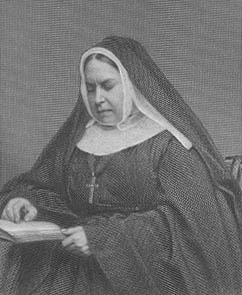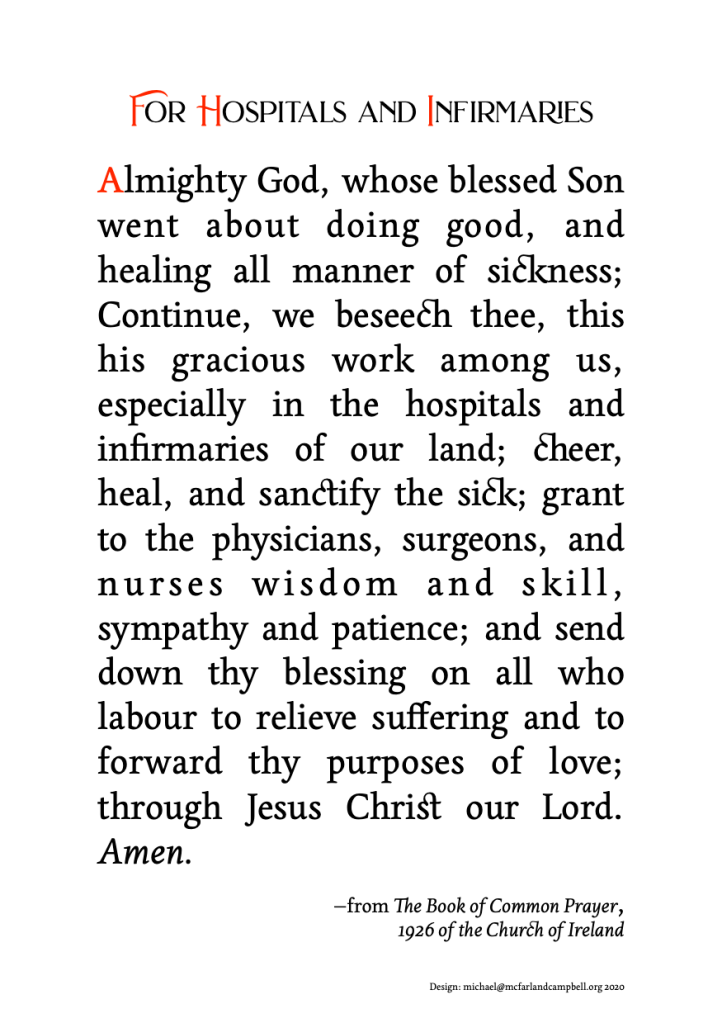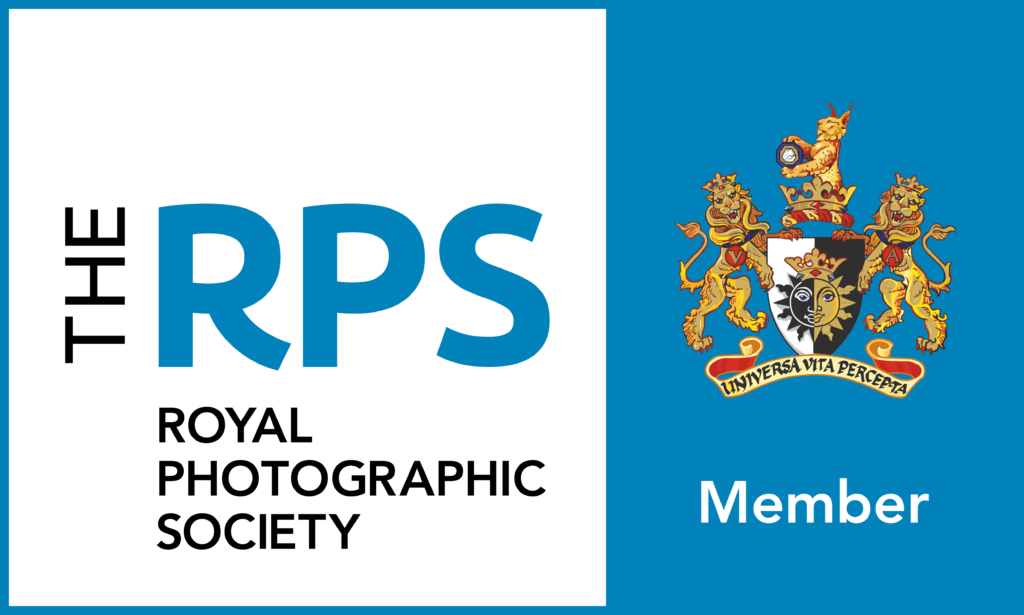Archive for March, 2020
The Paschal sacrament brings together in unity of faith those who are far away
| From an Easter letter by Saint Athanasius, bishop |
|---|
Brethren, how fine a thing it is to move from festival to festival, from prayer to prayer, from holy day to holy day. The time is now at hand when we enter on a new beginning: the proclamation of the blessed Passover, in which the Lord was sacrificed. We feed as on the food of life, we constantly refresh our souls with his precious blood, as from a fountain. Yet we are always thirsting, burning to be satisfied. But he himself is present for those who thirst and in his goodness invites them to the feast day. Our Saviour repeats his words: If anyone thirsts, let him come to me and drink.
He quenched the thirst not only of those who came to him then. Whenever anyone seeks him he is freely admitted to the presence of the Saviour. The grace of the feast is not restricted to one occasion. Its rays of glory never set. It is always at hand to enlighten the mind of those who desire it. Its power is always there for those whose minds have been enlightened and who meditate day and night on the holy Scriptures, like the one who is called blessed in the holy psalm: Blessed is the man who has not followed the counsel of the wicked, or stood where sinners stand, or sat in the seat of the scornful, but whose delight is in the law of the Lord, and who meditates on his law day and night.
Moreover, my friends, the God who first established this feast for us allows us to celebrate it each year. He who gave up his Son to death for our salvation, from the same motive gives us this feast, which is commemorated every year. This feast guides us through the trials that meet us in this world. God now gives us the joy of salvation that shines out from this feast, as he brings us together to form one assembly, uniting us all in spirit in every place, allowing us to pray together and to offer common thanksgiving, as is our duty on the feast. Such is the wonder of his love: he gathers to this feast those who are far apart, and brings together in unity of faith those who may be physically separated from each other.
Contemplating the Lord’s passion
Contemplating the Lord’s passion
True reverence for the Lord’s passion means fixing the eyes of our heart on Jesus crucified and recognising in him our own humanity.
The earth – our earthly nature – should tremble at the suffering of its Redeemer. The rocks – the hearts of unbelievers – should burst asunder. The dead, imprisoned in the tombs of their mortality, should come forth, the massive stones now ripped apart. Foreshadowings of the future resurrection should appear in the holy city, the Church of God: what is to happen to our bodies should now take place in our hearts.

No one, however weak, is denied a share in the victory of the cross. No one is beyond the help of the prayer of Christ. His prayer brought benefit to the multitude that raged against him. How much more does it bring to those who turn to him in repentance.
Ignorance has been destroyed, obstinacy has been overcome. The sacred blood of Christ has quenched the flaming sword that barred access to the tree of life. The age-old night of sin has given place to the true light.
The Christian people are invited to share the riches of paradise. All who have been reborn have the way open before them to return to their native land, from which they had been exiled. Unless indeed they close off for themselves the path that could be opened before the faith of a thief.
The business of this life should not preoccupy us with its anxiety and pride, so that we no longer strive with all the love of our heart to be like our Redeemer, and to follow his example. Everything that he did or suffered was for our salvation: he wanted his body to share the goodness of its head.
First of all, in taking our human nature while remaining God, so that the Word became man, he left no member of the human race, the unbeliever excepted, without a share in his mercy. Who does not share a common nature with Christ if he has welcomed Christ, who took our nature, and is reborn in the Spirit through whom Christ was conceived?
Again, who cannot recognise in Christ his own infirmities? Who would not recognise that Christ’s eating and sleeping, his sadness and his shedding of tears of love are marks of the nature of a slave?
It was this nature of a slave that had to be healed of its ancient wounds and cleansed of the defilement of sin. For that reason the only-begotten Son of God became also the son of man. He was to have both the reality of a human nature and the fullness of the godhead.
The body that lay lifeless in the tomb is ours. The body that rose again on the third day is ours. The body that ascended above all the heights of heaven to the right hand of the Father’s glory is ours. If then we walk in the way of his commandments, and are not ashamed to acknowledge the price he paid for our salvation in a lowly body, we too are to rise to share his glory. The promise he made will be fulfilled in the sight of all: Whoever acknowledges me before men, I too will acknowledge him before my Father who is in heaven.
from a sermon by St Leo the Great.
Mother Harriet Monsell of Clewer

from Wikimedia Commons.
Today, the Church of England commemorates Harriet Monsell of Clewer.
Of Irish parentage, Harriet Monsell (née O’Brien) was born in 1811. After the death of her clergyman husband, she went to work in a penitentiary at Clewer near Windsor. Here, she was professed as a a Religious in 1852 and became the first Superior of the Community of St John the Baptist. The community grew rapidly under her care carrying out a range of social work in a variety of locations with foundations in India and America by the 1880s. The sisters cared for orphans, ran schools and hospitals, and opened mission houses to parishes. In 1875 Mother Harriet retired as Superior through ill-health, moving to a small hermitage in Folkestone, where she died on Easter Day 1883.
Today, the Community of St John the Baptist continues with the sisters in the UK living at Ripon College, Cuddesdon offering their gifts to God in various ways including parish and retreat work, spiritual direction, and ministry to the elderly.
You can find out more about the sisters’ life now by visiting their website.
Feast of the Annunciation of our Lord to the Blessed Virgin Mary
Do not be afraid
One of the constant refrains in the Gospels is the admonition of Our Blessed Lord Jesus Christ: “Do not be afraid.” When the Lord draws near, it is our natural tendency to be afraid. We can be afraid of his presence. We can be afraid of what he might ask of us. We can be afraid of our limitations in the face of the call to true conversion and holiness of life. We can be afraid of our apparent obstacles along the path of our Christian discipleship. As our confidence in God increases, our fear decreases. As our love increases, our fear disappears. Of what are we afraid in our relationships with the Lord? Are we surrounding our fear by giving ourselves in faith?
Henry Tanner’s Annunciation

Henry Tanner created a remarkable painting of the angel Gabriel’s annunciation of the Incarnation. On the left-hand-side of the painting we see a column of light representing Gabriel. On the right-hand-side we see a young girl sitting on a simple bed. From the expression on her face, we see that she was not expecting this encounter, we see that her life is about to undergo a dramatic change. Her hands are clasped together, her face reflects both a curious mixture of uncertainty and a dauntless trust in what God is asking her through the angel’s words.
When God asked the Blessed Virgin Mary to become the Mother of Christ, she said, “Yes.” This was not an easy affirmation; she had not idea what her consent would imply.
However, the Blessed Virgin Mary remembered why. God was calling her: God would give her the strength that she would need. The Blessed Virgin could offer her life in service without knowing the reward, since love is its own reward.
Henry Tanner’s remarkable painting today hangs in the Philadephia Museum of Art. The painting reminds us that whether it is a summons from an angel or a cry from a cranky infant, or a call to help someone in need because of COVID-19, if we remember the “why” behind our action, then that action becomes a prayer.
Our Lady of Walsingham, pray for us.
For hospitals and infirmaries
Particularly during the Covid-19 situation, Christians may find that they want to pray for the hospitals and infirmaries of our land. In the Church of Ireland’s Book of Common Prayer, there is a beautiful prayer to cover this.

Mothering Sunday
God of compassion,
whose Son Jesus Christ, the son of Mary,
shared the life of a home in Nazareth,
and on the cross drew the whole human family to himself;
Strengthen us in our daily living
that in joy and in sorrow
we may know the power of your presence
to bind together and to heal;
through Jesus Christ our Lord. Amen.
Collect of Mothering Sunday, Book of Common Prayer, 2004.
Featured image
The featured image is one I designed for my parish’s Facebook presence and have used it myself. Should anyone want anything similar designed, please get in touch.
The Lord’s Prayer
Growing up with a mother who grew up in the Church of England, I was always fascinated by the prayer cards and other cards that she used in her Book of Common Prayer as bookmarks. Inspired by these, here’s a design of card with the words of The Lord’s Prayer from The Message. I hope you find it useful.

If anyone wants any other verses set out in a similar manner, please feel free to contact me.













